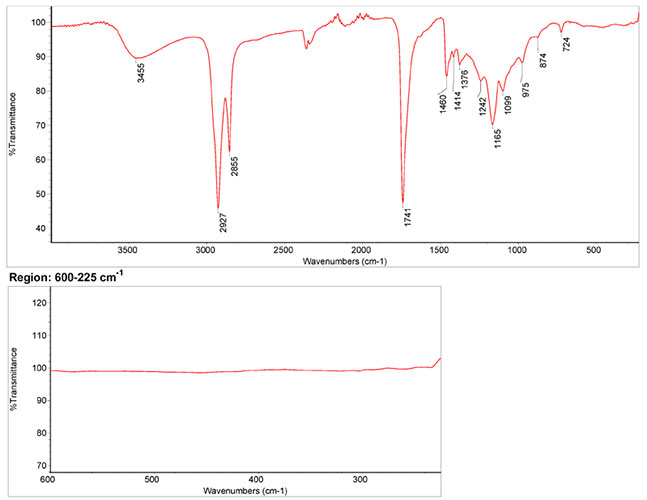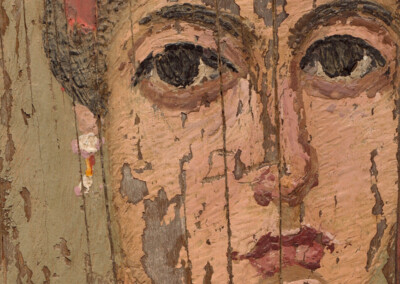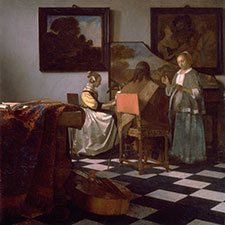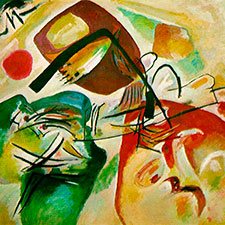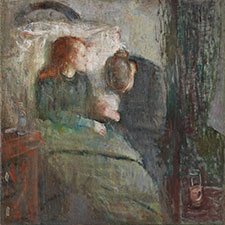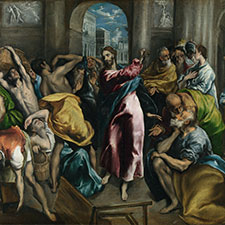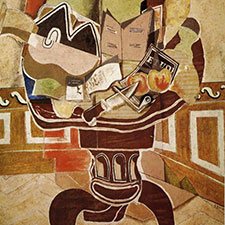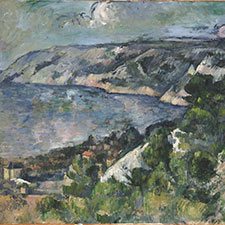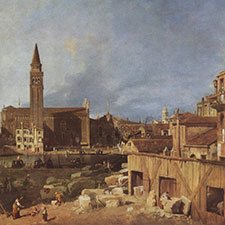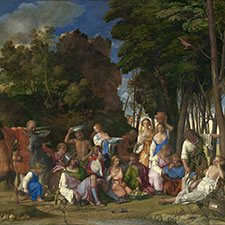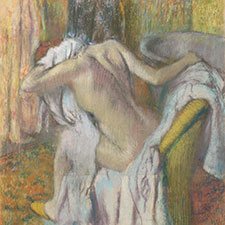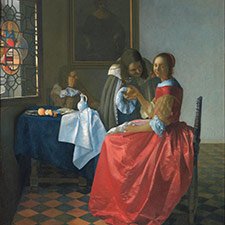Charcoal Black
Natural organic pigmentComposition and Properties of Charcoal Black
Charcoal black is finely ground material obtained by carbonizing (charring) wood. It is very stable as are all carbon blacks and is absolutely lightfast and compatible with all other pigments.
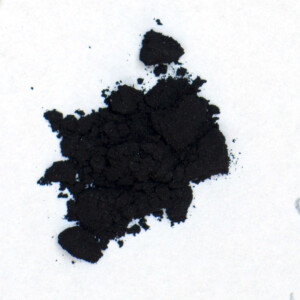
Pigment
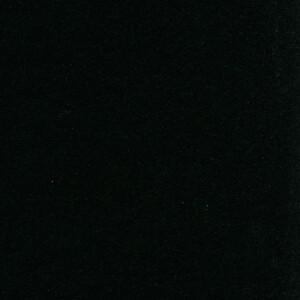
Painted swatch
Names
Alternative names
Carbon black
Color Index
PBk 8, CI 77268
Word origin
The first element is either Old French charbon “charcoal,” or, on the current theory, obsolete charren “to turn” (from Old English cerran) + cole “coal,” thus, “to turn to coal.”
From Online Etymology Dictionary
Holzkohlenschwarz
German
Charbon de bois
French
Carbone di legna
Italian
Carbón de haya, grueso
Spanish
Preparation
Charcoal black can be prepared by charring wood.
Video: 'Making Oil Paint out of Charcoal' by Nada Makes
History of Use
The pigment has been in use since prehistoric times.
Examples of use
Rembrandt, Self-Portrait at the Age of 34, 1640
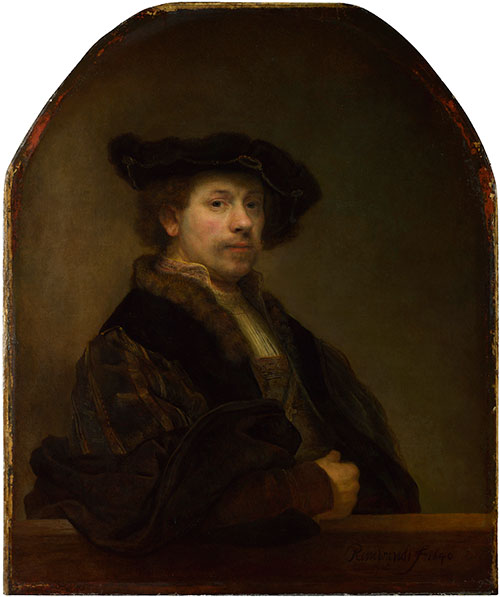
2 Dark cloak at lower right and dark brown areas on both shoulders: bone black, charcoal black, and red lake pigment.
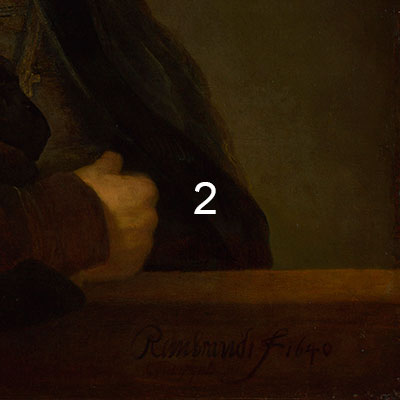
Anthony van Dyck, ‘Portrait of a Woman and Child’, ca 1620-21

6 Black dress: charcoal black mixed with greys and a small amount of deep red lake.
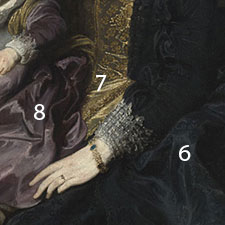
Identification
IR Spectrum
IR Spectrum of charcoal black in linseed oil by S. Vahur, Database of ATR-IR spectra of materials related to paints and coatings, University of Tartu, Estonia
Raman Spectrum
(1) Eugenia P. Tomasini, Emilia B. Halac, María Reinoso, Emiliano J. Di Liscia and Marta S. Maier, Micro-Raman spectroscopy of carbon-based black pigments, Journal of Raman Spectroscopy, Special Issue: Raman spectroscopy in art and archaeology, Volume 43, Issue 11, pp. 1671–1675, November 2012.
(2) Alessia Coccato, Jan Jehlicka, Luc Moens and Peter Vandenabeele, Raman spectroscopy for the investigation of carbon-based black pigments, Journal of Raman Spectroscopy, Special Issue: 11th International GeoRaman Conference, Volume 46, Issue 10, pages 1003–1015, October 2015. DOI: 10.1002/jrs.4715. Available as pdf.
Further Reading
References
Winter, J. and West FitzHugh, E., Pigments based on Carbon, in Berrie, B.H. Editor, Artists’ Pigments, A Handbook of Their History and Characteristics, Volume 4, pp. 1-37.
J. Winter, “The Characterization of Pigments Based on Carbon” Studies in Conservation, 28:49-66, 1983.
S. Muntwyler, J. Lipscher, HP. Schneider, Das Farbenbuch, 2nd. Ed., 2023, alataverlag Elsau, pp. 160-165.

